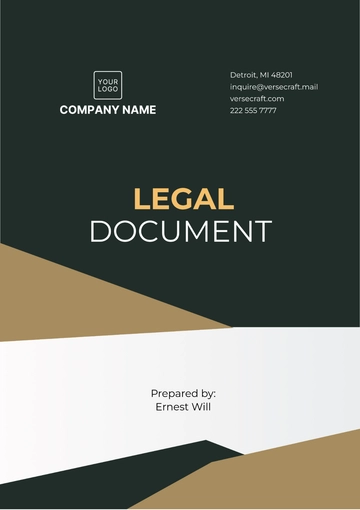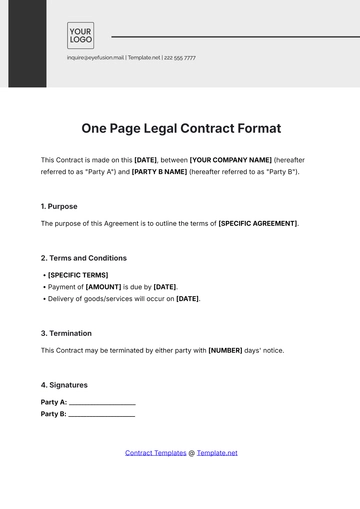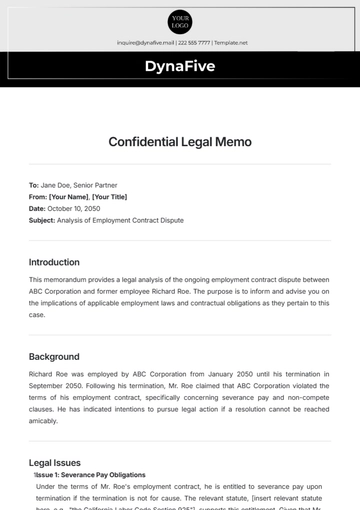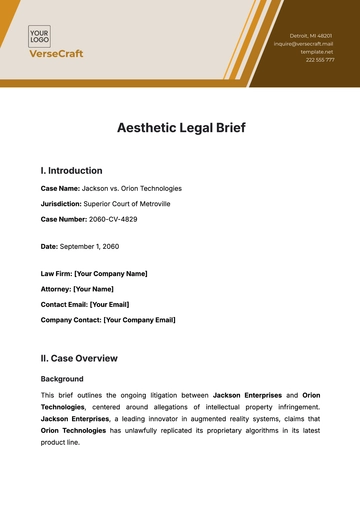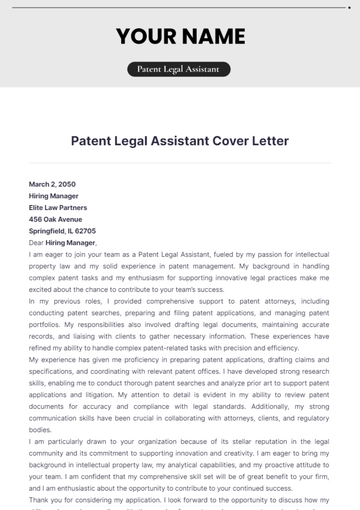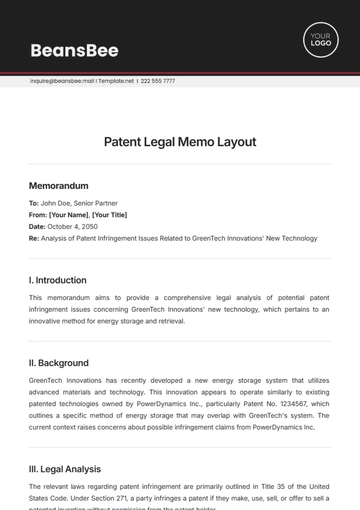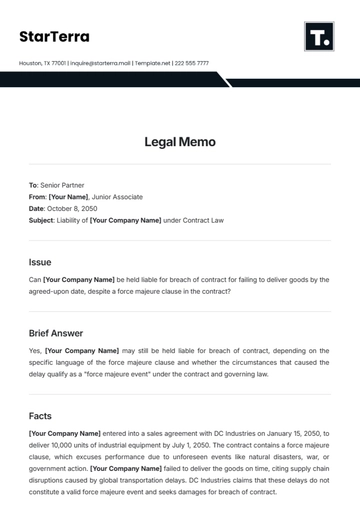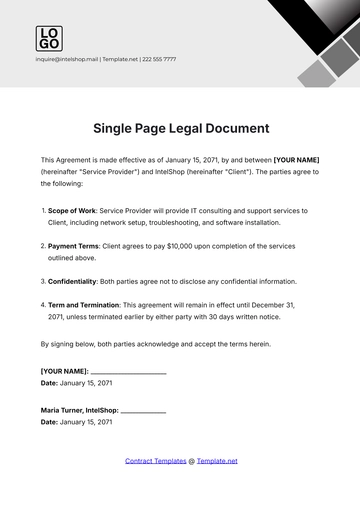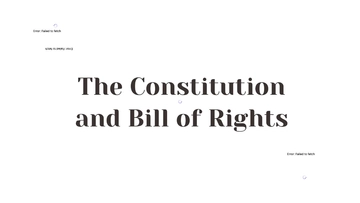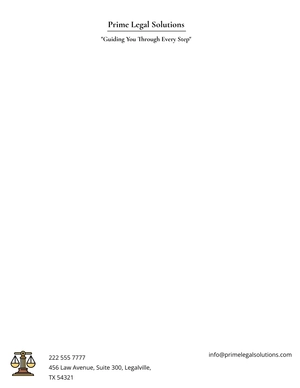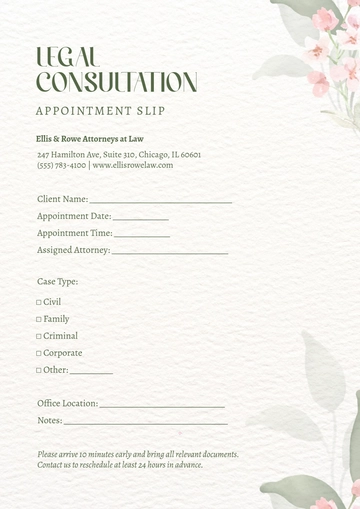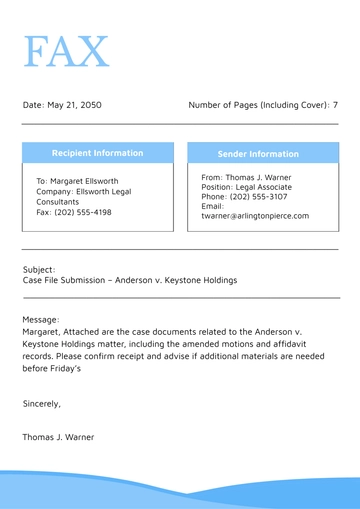Free Legal Case Brief
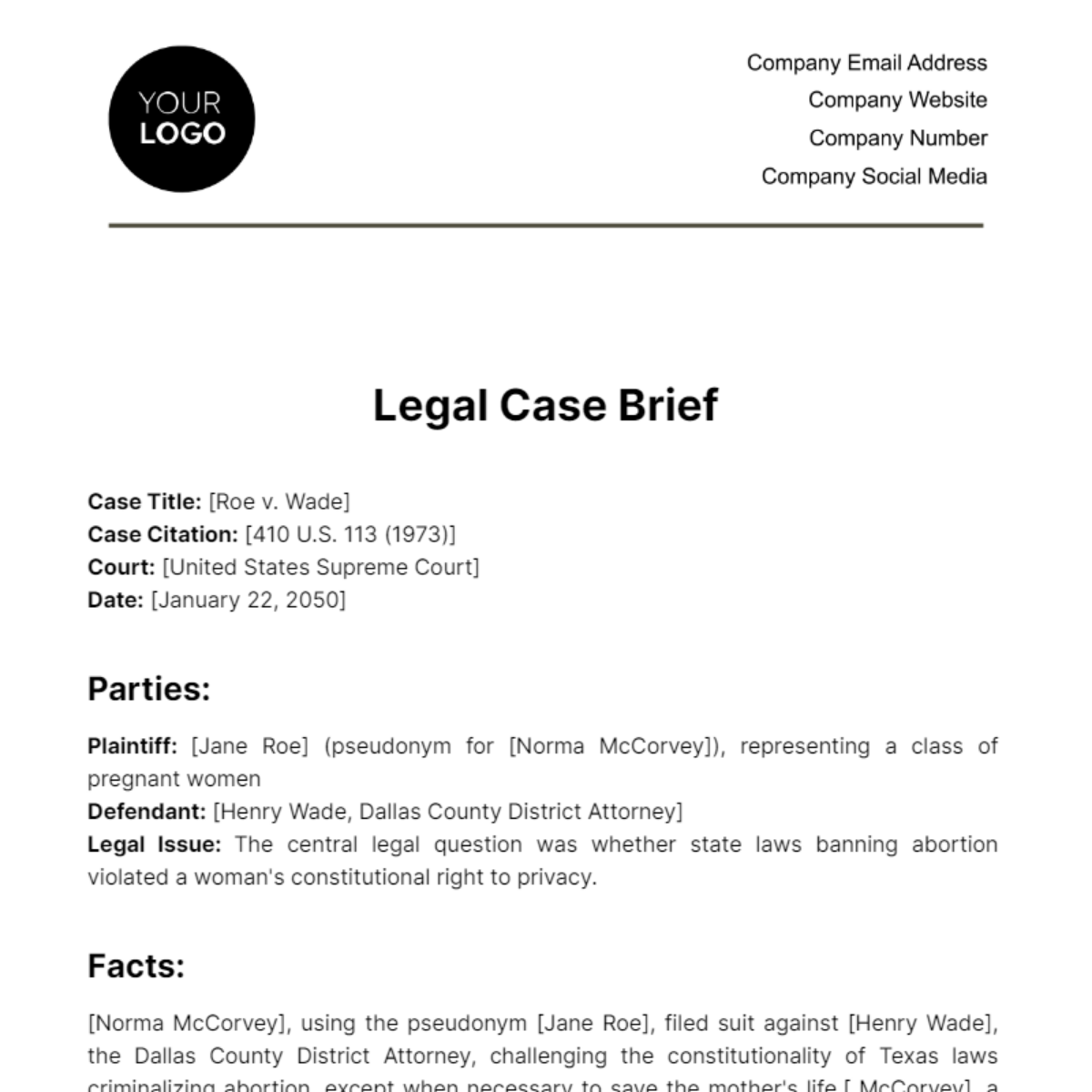
Case Title: [Roe v. Wade]
Case Citation: [410 U.S. 113 (1973)]
Court: [United States Supreme Court]
Date: [January 22, 2050]
Parties:
Plaintiff: [Jane Roe] (pseudonym for [Norma McCorvey]), representing a class of pregnant women
Defendant: [Henry Wade, Dallas County District Attorney]
Legal Issue: The central legal question was whether state laws banning abortion violated a woman's constitutional right to privacy.
Facts:
[Norma McCorvey], using the pseudonym [Jane Roe], filed suit against [Henry Wade], the Dallas County District Attorney, challenging the constitutionality of Texas laws criminalizing abortion, except when necessary to save the mother's life.[ McCorvey], a pregnant woman, sought to terminate her pregnancy but was unable to do so legally under Texas law. She argued that the state's abortion statutes infringed upon her right to privacy.
Holding:
The Supreme Court held that state laws banning abortion violated a woman's constitutional right to privacy, as protected by the Due Process Clause of the Fourteenth Amendment.
Reasoning:
The Court reasoned that the right to privacy encompassed a woman's decision to terminate her pregnancy, particularly in the early stages when the state's interest in regulating abortion was weaker compared to the woman's interest in autonomy over her body. The Court balanced the state's interest in protecting potential life with the woman's right to privacy, concluding that the state could only regulate abortion after the first trimester to protect the woman's health and after fetal viability to protect potential life.
Disposition:
The Supreme Court ruled in favor of [Jane Roe], invalidating the Texas abortion statutes and establishing a constitutional right to abortion nationwide.
Significance:
[Roe v. Wade] is one of the most significant decisions in U.S. legal history, shaping the national debate on reproductive rights and privacy. It established a framework for abortion regulations, balancing a woman's autonomy with state interests in protecting life and health. The decision remains controversial and continues to influence public policy, legal challenges, and political discourse.
Conclusion:
In [Roe v. Wade], the Supreme Court recognized a woman's constitutional right to privacy, including the right to make decisions regarding abortion. The case set a precedent for reproductive rights jurisprudence and remains a landmark decision in American legal history.
- 100% Customizable, free editor
- Access 1 Million+ Templates, photo’s & graphics
- Download or share as a template
- Click and replace photos, graphics, text, backgrounds
- Resize, crop, AI write & more
- Access advanced editor
Craft compelling legal case briefs effortlessly with our Legal Case Brief Template from Template.net. This editable and customizable template simplifies the process of summarizing complex legal arguments and case details. Ideal for legal professionals and law students, it offers a structured format for organizing key points and supporting evidence. Editable in our Ai Editor Tool, tailor it to your specific case requirements for concise and comprehensive briefs.
